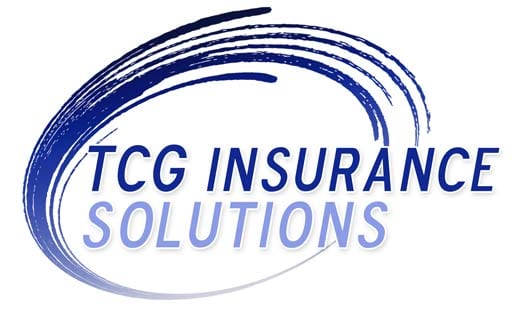Medical malpractice is something that happens to many unsuspecting patients each year. There are different forms of malpractice, but it always happens when a patient suffers due to a medical professional straying from their typical standard or medical practice. Deaf people are actually more likely to suffer medical malpractice than hearing people. Let’s explore why that is.
What is Medical Malpractice?
According to Kooi Law, medical malpractice occurs when a medical professional providing treatment or care makes an irresponsible decision that causes the patient to suffer further harm. This could include anything from an error in diagnosis that leads to the wrong treatment, to a significant error during surgery. Poor care provided after in-hospital after during treatment or recovery from a procedure can also result in a malpractice accusation.
Communication Barriers Promote Misdiagnosis
Working with a deaf patient can be difficult for some medical professionals. If the patient uses sign language as a method of communication, but the doctor does not, Dignity Health explains that this is the same kind of language barrier that you would experience if a doctor who only spoke English was trying to treat a patient who only spoke Chinese. It would take a lot of trial and error to try and figure out the situation and explain the treatment to the patient.
Deaf People Get Less Say in Their Own Care
In general, a deaf person doesn’t get a lot of say regarding what their typical care plan will be moving forward. This is often because of communication issues between a doctor and the deaf patient. While the deaf patient may be able to figure out what the doctor is telling them, the doctor may not always fully understand what is going on with their patient.
Unfamiliarity with the Medical System
A lot of people in general aren’t really clear on how the medical system works. This information becomes clearer the more a person is in the presence of a doctor or medical staff. A deaf person can’t necessarily pick up on things that are going on around them because they cannot hear. Not being familiar with the medical system can result in poor communication and representation on behalf of the patient. Interpreting in Healthcare Settings recommends that people who are deaf or hard of hearing to find a doctor who has the ability to communicate with them through sign language. This provides a method of communication that can be used to discuss the patient’s medical issues clearly and create a better outcome.
Being deaf can make certain things in life a little more challenging. Receiving medical care is an essential thing that shouldn’t be difficult. Be aware of these points and make sure you’re not a victim of medical malpractice.
To learn more about the possibility of being misdiagnosed, read on, here!


